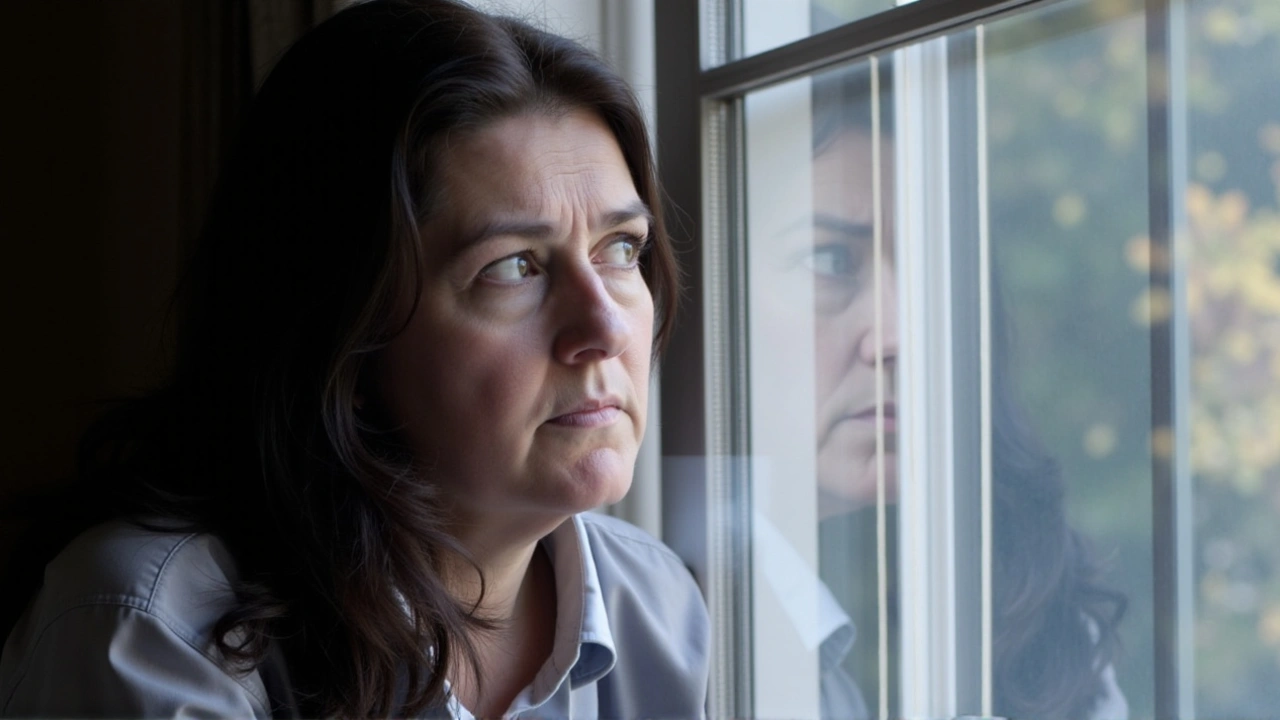Sleep: Practical Tips, Meds That Help or Hurt
Can’t fall asleep or wake up groggy most mornings? That’s frustrating, but small changes often make a big difference. Below you’ll find straightforward, useful advice on improving sleep tonight, plus what to watch for if you take prescription or over‑the‑counter meds.
Simple fixes that work tonight
Start with the basics: keep a regular wake-up time even on weekends, dim lights an hour before bed, and remove phones from the bedroom or use Do Not Disturb. Caffeine matters — skip coffee and strong tea after early afternoon. A short walk or light stretching after dinner helps, but avoid heavy exercise within two hours of bedtime.
Make your bedroom a sleep-only zone. Set the room temperature to a cool, comfortable level, block light with curtains or an eye mask, and use earplugs or white noise if noise wakes you. If your mind races, try a five-minute breathing or grounding exercise instead of checking your phone. Often the goal is lowering stimulation rather than forcing sleep.
Medications and sleep: what to expect
Some medicines make you sleepy; others keep you awake. Antihistamines like diphenhydramine (found in some OTC sleep aids) can work for short-term trouble falling asleep but cause grogginess the next day and aren’t recommended as a long-term fix. Melatonin can help reset sleep timing for shift work or jet lag — start with a low dose (0.5–3 mg) 30–60 minutes before bed.
Prescription drugs matter too. Stimulants, some antidepressants, and certain blood pressure meds can disrupt sleep. Conversely, low doses of some medications used for pain or anxiety may help sleep but carry risks like dependence or daytime drowsiness. If you’re on medication and your sleep worsens after a new prescription, talk to your prescriber or pharmacist about alternatives or timing adjustments.
Watch for interactions. Mixing alcohol with sleep meds or sedatives increases risk of falls, breathing problems, and heavy next-day sleepiness. Also tell your doctor about herbal supplements — they’re not always harmless with prescriptions.
If poor sleep lasts more than a few weeks, or you snore loudly and feel very tired during the day, see a clinician. Conditions like sleep apnea, restless legs, or mood disorders need targeted treatment. A sleep diary for two weeks (bedtime, wake time, naps, caffeine) gives your clinician useful clues and speeds up getting the right help.
Want specific drug guidance? We cover how common meds affect sleep, safe ways to buy prescriptions online, and alternatives for drugs that cause sleep problems. Check related guides on PowPills.com for medication-specific advice and real-world tips you can use when talking with your healthcare team.
Start with the easy fixes tonight: regular wake time, cut late caffeine, and a cool, dark bedroom. If that doesn’t help, ask a clinician — better sleep is usually within reach.
Exploring the Psyche: Can Antidepressants Cause Strange or Vivid Dreams?
The use of antidepressants has been linked to the experience of strange or vivid dreams, affecting dream emotions and even leading to nightmares. Understanding these effects is crucial for those on such medication.

